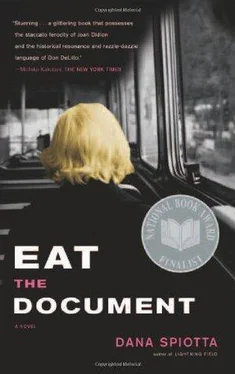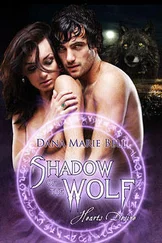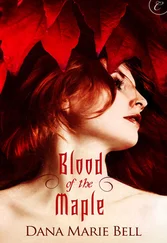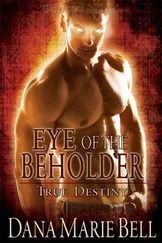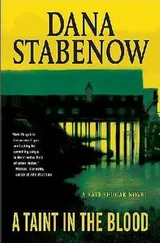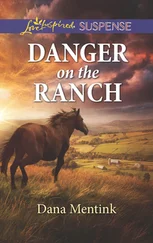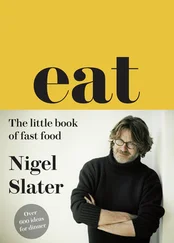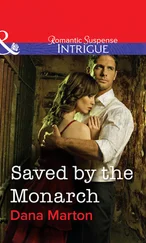“What? You weren’t in combat?” he said.
Henry shook his head and swallowed.
“I wasn’t even hard of hearing. I faked out the test. It was the easiest test to fake, you just hesitate when they give you the graduated sounds, you wait a few seconds until you indicate you have heard something. The funny thing was that I ended up actually losing my hearing in one ear almost to the exact extent I faked it. You know — if you are out of sight, I don’t get much of what you say. Funny.”
“I’m stunned.”
“And I kind of feel like I deserve it. I knew all about that war, and I never did a thing to stop it. I made sure my ass was safe, and then I drank my way through those years. And I knew it was wrong. I didn’t do anything. And ever since I have paid and paid.”
“What do you mean?” Nash said.
“I mean I started getting symptoms a few years after the war ended. Of dioxin exposure, although I didn’t know what it was yet. I started researching about the war, and what we did there. I got rashes and asthma. I read everything I could. Then, about three years ago, I started in with these night and day terrors. The symptoms got much worse: insomnia, shaking, acute respiratory problems.”
“Are you getting help for this?”
“I’ve taken Nepenthex for years. And lately Blythin. They are designed specifically for combat-related post-traumatic stress disorder.”
“Henry, did you tell them you aren’t a vet?”
“They didn’t ask me. They said I have severe PTSD.”
“But it’s different, it isn’t related to experience.”
“But it is — I can’t explain, but these memories I have, these proxy memories, they are real.”
“Real memories…”
“Of things people have experienced. I’m certain. But that is not what I want to talk to you about.”
“You certainly have real physical symptoms.”
“The point is that up until now, I have only had dreams about combat. Last night was different.” Henry glanced behind him again and then leaned in toward Nash.
“It was also during the Vietnam War. But I was not a soldier, or at least not in the military. I was organizing to blow up houses. Big summer homes of some high-level corporate executives. I was working in someone’s empty home, setting explosives. The house workers had been warned to leave, I guess, because it seemed empty of humans. It did have family pictures and furniture and beds. Teacups and board games. I saw it all blown to bits. Some board member of Monsanto or General Electric or Dow Chemical. To protest against the war.”
“Really? But I guess it sort of makes sense. In a nonsense kind of way.”
“But.”
“What?”
Henry put his hand on the table and leaned toward Nash. “It wasn’t me, that’s the weird thing,” Henry said.
“ That’s the weird part? That it wasn’t you?”
“It was you. In this dream, I was you. I was in your head, seeing through your eyes, but it was unmistakably you.”
Nash shook his head and then let out a short laugh. “Well, it was a dream, wasn’t it?” Nash said. “An immaterial, unreal, fantastic dream. You read about this stuff and then you dream about it. It’s a projection.”
Henry rubbed his bloodshot eyes.
“Not a memory or experience,” Nash said.
THE BUS LEFT Berry and Caroline ten miles west of Little Falls. They waited for three hours as drivers from the broken-down Erie Canal industrial towns sped past the two freak chicks hitchhiking. Caroline had asked Berry to help her dye and cut her hair. A new look for a new place, she told her. After they dyed it (a so-called auburn, an unfortunate synthetic beet tone), Caroline pulled her hair up and tied it in a topknot. Berry said cutting the topknot off would instantly give her a shag haircut, just like Jane Fonda in Klute . Caroline pulled some strands at the nape of her neck out to keep the back a little longer and then let Berry hack away at the ponytail. With some struggle it was cut through, leaving an uneven, layered, but undeniably shaggy hairdo. Berry left her hair as it was, curly and long, but let Caroline pile it up in a loose bun. Berry’s nose and upper lip were still swollen, but Caroline helped her cover the bruises with makeup.
“You want to make a good impression, don’t you?”
“I guess.”
Caroline looked in the mirror at every rest stop. Her hair looked awful, but she certainly looked different. She put on a crocheted floppy hat, large-framed sunglasses, opaque lipstick, and decided not to care too much. Eventually, walking and hitching, they made it up into Herkimer County, a swath of sparsely populated farmland hills that rose up from the Mohawk River, part nineteenth-century ghost town industrial, part bucolic country utopia, green and almost obscenely lush and dense. They stopped at the New Harmon General Store, picking up two six-packs of beer, a sack of rice and a large jar of peanut butter. Caroline took out her county map.
“We just follow Hurricane Brook north, stick to the left bank, and we should be there in two hours.”
“I have to carry this beer for two hours?” Berry said. She shook her head and then took two beers out and handed one to Caroline.
Eventually they came to a dirt trail. There was a sign at the foot that said,
No visitors. No tourists. No exceptions.
Then another sign under it, apparently hammered onto it later, read,
This means you, freak!
They ignored these injunctions and continued on the path. A couple of hundred yards up the trail, another sign,
Keep out!
with another addendum sign; this one read,
Whose sister are you?
Caroline couldn’t tell if the question was addressed to the interlopers coming up the trail or was a response from them.
At last they saw the woods open up to a clearing. Glinting in the sun was a dome composed of multifaceted pieces of hard-enameled metal, all different colors — most shiny, some rusted at the edges, some primer matte — welded somewhat sloppily at their interstices to create a large, ragged futuristic dwelling. A painted sign said,
Harbinger Hut, Version Two
“Turn around, both of you. Slowly.” From behind them. They turned slowly toward the voice. A woman with a rifle and a yellow white-chick ersatz Afro faced them, barrel pointing. She wore what looked to Caroline like a Brownie uniform, including the kneesocks but without the sash and the badges. Her large army boots somehow emphasized rather than disguised the shapeliness of her long legs.
Berry started laughing. Caroline squeezed her arm hard to make her stop.
“What are you doing here? Can’t you read? This is a closed community. We got no room for new members.”
“Yeah, so we gathered,” Berry said. “So much for communal spirit—”
“Look, fat chick, look at this in my hand and shut up. This isn’t a commune, it is a community of women.”
Berry’s mouth dropped open, and she began laughing even harder.
“Hey, it’s okay. We’re here by invitation. We are here to see Mother Goose,” Caroline said.
“You know her? She knows you’re coming?”
“Not directly, but yeah, she knows we are coming.”
She lowered the gun. Flashed a two-fingered V at them and waved them toward the dome.
“Sorry. I have to be vigilant in the summer or we get overrun with every speed freak and junkie moocher the city can spew our way. They come and piss in your streams and you’re supposed to mop their brows and nurse their strung-out, parasitic hearts until the whole place becomes a flophouse, you know, Bowery in the foothills, right?”
Читать дальше
